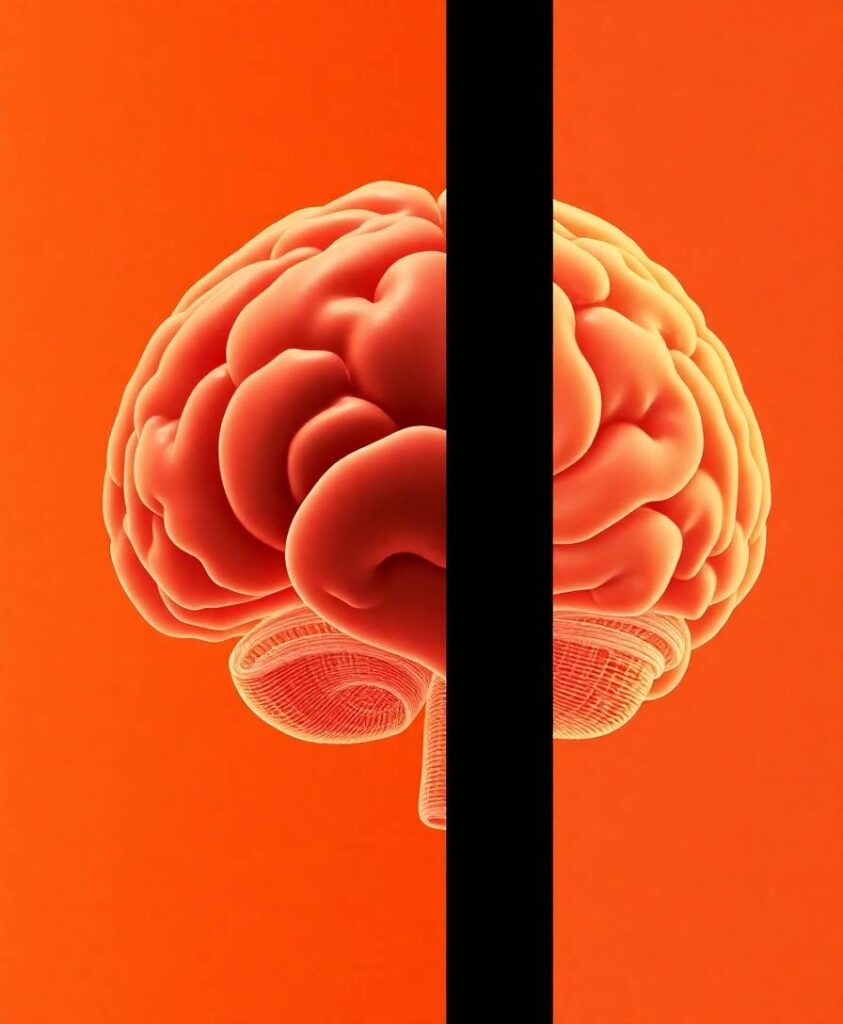The allure of junk food is hard to resist. It’s like walking through a supermarket filled with indulgent treats that call out to you. But why is it so difficult to ignore them? Scientists have discovered that fatty and sugary foods have the power to change our brain. Even if we only consume small amounts on a regular basis, our brain learns to crave these foods in the future, as if they have become a part of our body’s internal operating system. Just like a virus that infiltrates our computer and alters its programming, junk food modifies the way our brain works. This finding provides insight into the long-lasting impact of our eating habits and the potential difficulty in breaking free from unhealthy cravings. The more we understand about this phenomenon, the better equipped we will be to develop strategies for maintaining a balanced diet that promotes both physical and mental well-being.



